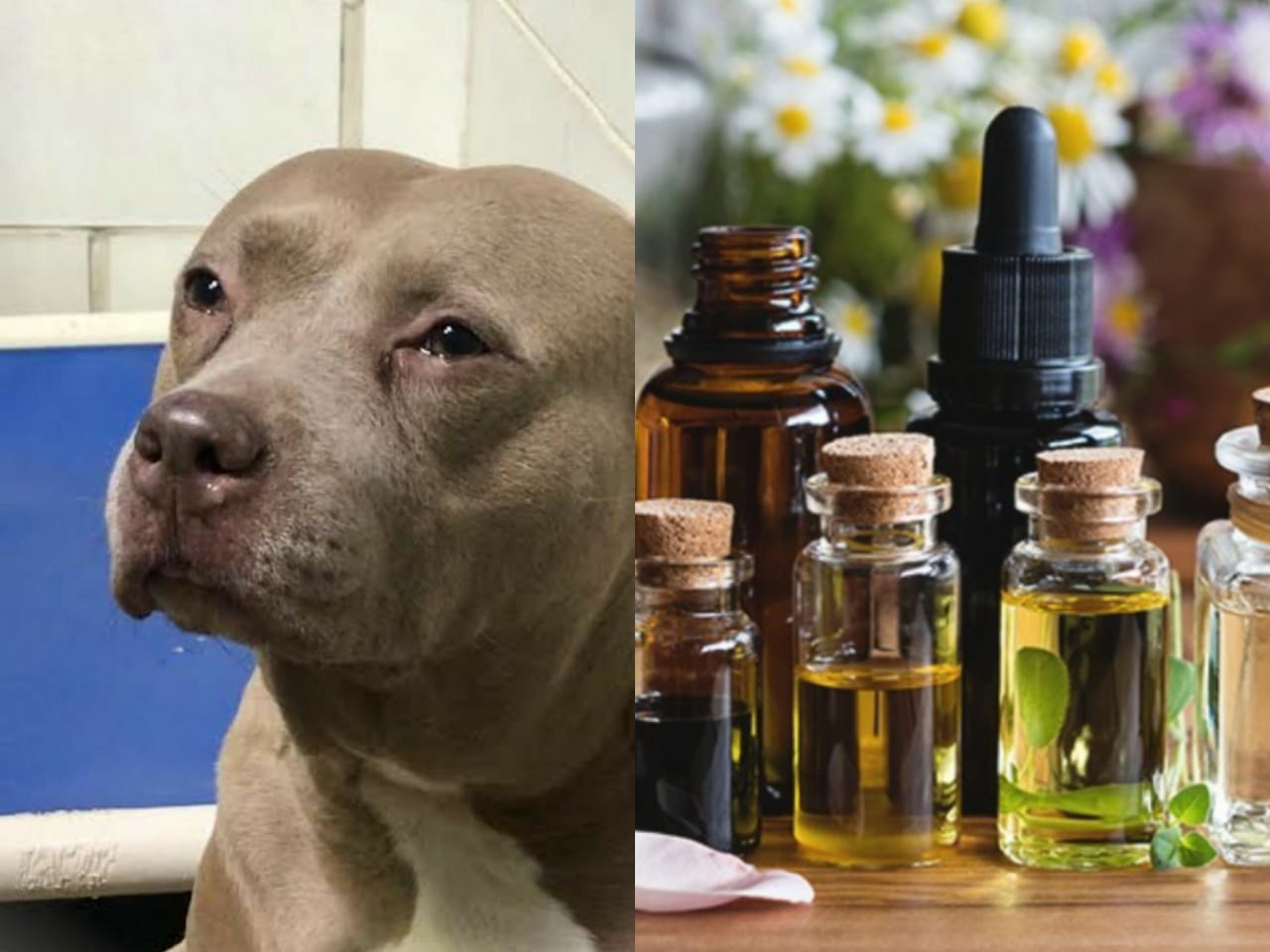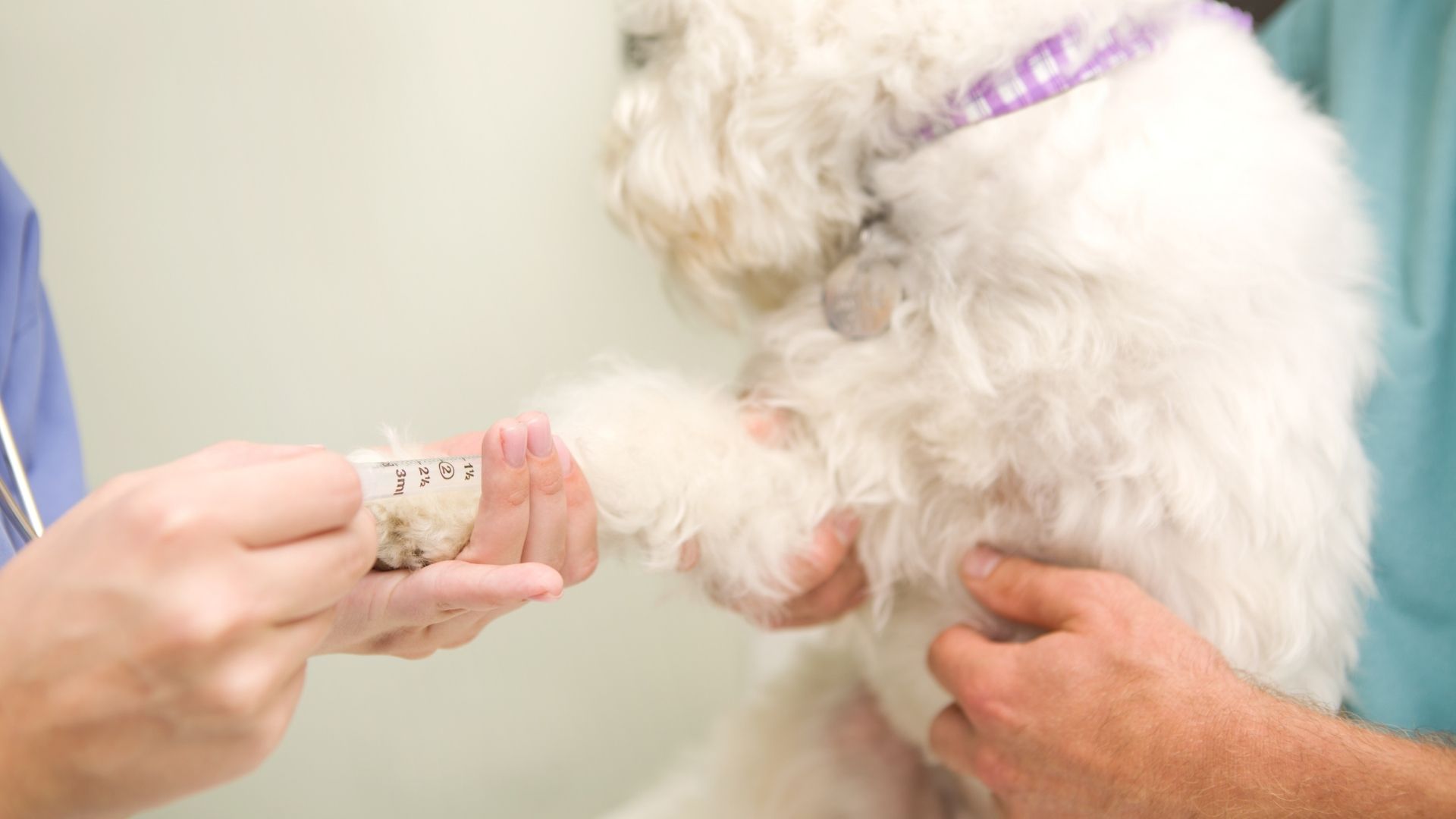Did You Know? These 10 Natural Essential Oils Can Be Hazardous And Potentially Lethal To Dogs
 Thirsty for JUICE content? Quench your cravings on our Instagram, TikTok and WhatsApp
Thirsty for JUICE content? Quench your cravings on our Instagram, TikTok and WhatsApp

Here at JUICE, we’re all firm believers of taking care of your pets. Nevertheless, contrary to popular belief, looking after a dog entails far more than feeding, scooping and showering. In fact, a bunch of simple household items can be toxic to man’s best friend; and it’s not just chocolate we’re talking about.
A common occurrence is when owners innocently use essential oils unknowing of the ways it can, if used in a small area and/or for a prolonged amount of time, pose negative respiratory irritation on their pets.
This TikTok user recently documented the brisk scare they faced upon finding their Labrador Retriever choked up after inhaling diffused eucalyptus oil:
@hausofpaws1 #fyp #alergy #labradorretriever #dogsoftiktok #diffuser #essentialoils #notoeucalyptus ♬ original sound – Sam Arrow
Watch here if the video doesn’t load.
This itself came as a shock to many concerned netizens in the comments section, and apparently, most popular essential oils aren’t a very good idea if you want a pet-friendly home. These oils are hazardous whether applied directly to the skin, diffused, or licked up in the event that a spill occurs.
According to Cabbagetown Pet Clinic, these toxic-to-dog oils include:
- Pennyroyal oil
- Pine oil
- Tea tree oil
- Wintergreen oil
- Cinnamon oil
- Citrus oil
- Peppermint oil
- Sweet Birch oil
- Ylang Ylang
- Eucalyptus oil
It’s pretty much the same for cats; however, felines are also hypersensitive to clove oil.

Generally, essential oil poisoning in dogs usually result in telltale symptoms such as watery nose or eyes, redness of the lips, gums or skin, vomiting and drooling, difficulty breathing or panting; coughing or wheezing, lethargy, tremors or wobbliness, low heart rate and low body temperature.
The site also states that oils used improperly could induce behavioural changes and bring about detrimental effects on the central nervous system as well as breathing difficulties.
Organic flea and tick remedies relying on essential oils can also be challenging. Owners could be putting their pups at risk for flea and tick-borne diseases by using these oils for therapeutical purposes, due to a lack of data demonstrating the effectiveness of the ingredients.

In the instance where your dog is accidentally exposed to toxic oils, it is recommended that owners take the following steps before rushing their furbabies to the nearest vet clinic or hospital:
- If the substance was inhaled, get them some fresh air right away.
- If they ingest it, do not stimulate vomiting or administer activated charcoal. This endangers your pet since essential oils can adhere to the lungs and airways, causing lung inflammation or airway obstruction.
- Place the product and its packaging inside a sealed bag and bring it to the clinic or emergency room.
- If your pet gets oil on its skin or fur, rinse it off with hand dishwashing soap as soon as you can.

In the recent years, the usage of essential oils has grown in popularity and despite being a pretty common health remedy, scientific evidence for beneficial effects on a pet’s wellbeing is sparse and conflicting.
While veterinarians worldwide have not completely shut down the concept of using essential oils as natural cures, for mild infections and as a form of aromatherapy, it is highly recommended that pet owners seek advice from professionals, conduct research and exercise caution before placing oils and diffusers in close proximity with their pets.
Click here for a full list of 24-Hour and House-Call Vet Clinics within the Klang Valley.


 Get Audio+
Get Audio+ Hot FM
Hot FM Kool 101
Kool 101 Eight FM
Eight FM Fly FM
Fly FM Molek FM
Molek FM

